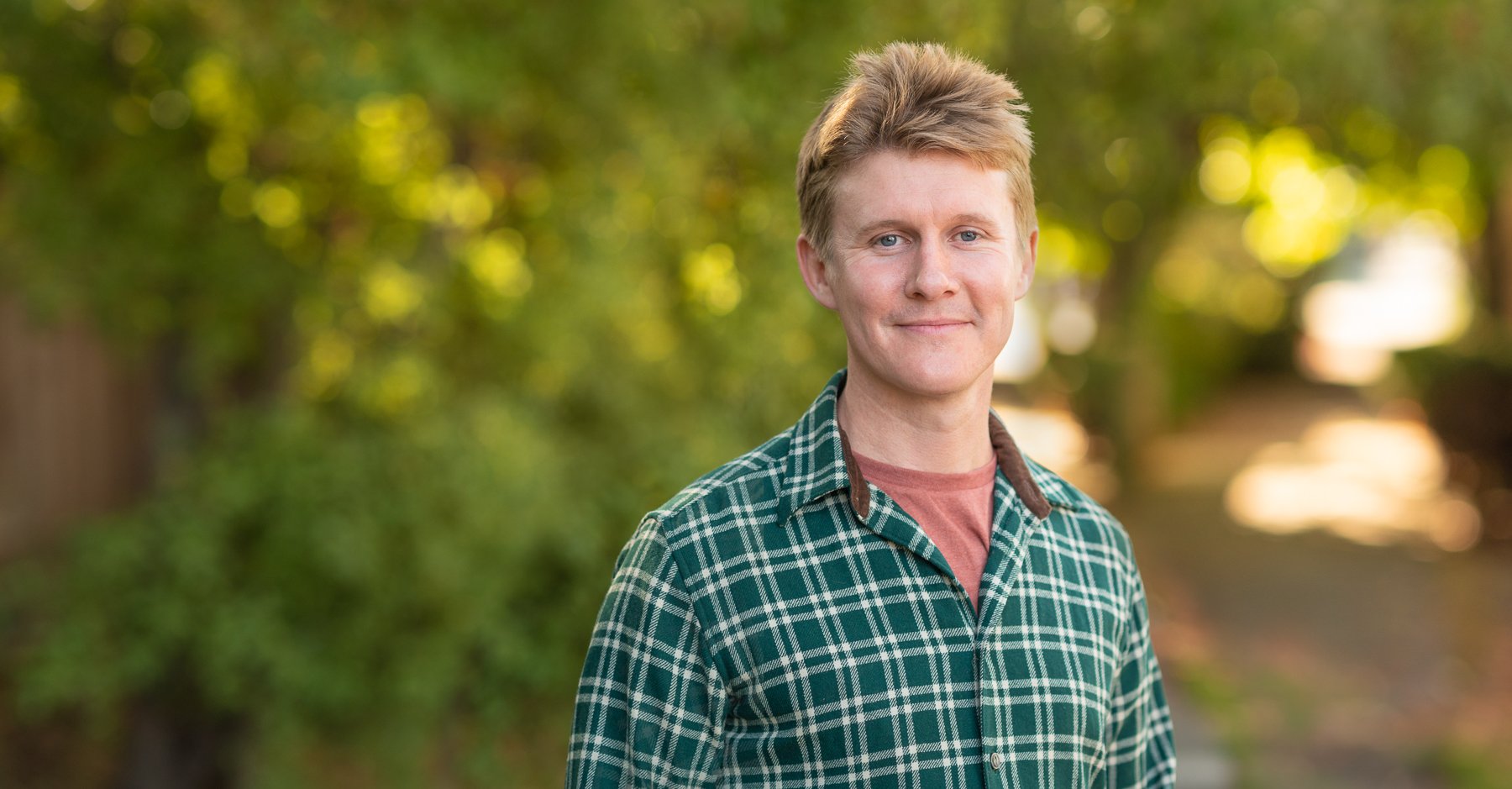
Welcome! Whoever you are, and wherever you come from!
I’m Brandon, and I specialize in working with teens, families, and important relationships - helping prepare people for honest conversations and greater connection through healing their relational wounding.
Here you will find information on offerings,
therapeutic approach, and psychotherapy
resources.
The ones you love the most can be right in front of you, yet feel a thousand miles away. When I ask a teen, “what holds you back from going to your parents for support?” - they always have an answer.
There is a consequence, sometimes great, sometimes small, when what needs to be said has no one to listen.

Relationships are complex.
When you and your loved one learn to really
listen to each other, connection grows.
Things become simple again.
Inside and out.

I’m here for your relationship’s process:
the complexity & intensity;
the disconnection & reconnection.
What Does Relationship Therapy Look Like?
-
1. Finding Common Ground: Agreeing on the Problems Within the Family or Couple
We collaborate with all members to identify the strengths and context of the family/couple; the presenting problem and blocks to connection are assessed; the impact of not experiencing warmth and connection within the relationship is emphasized; finally, we amplify the desire for greater connection and work together toward that end.
-
2. Healing Blocks to Healthy Communication & Practicing New Communication Skills
I form a working alliance with each member of the family or couple. Healing the blocks to healthy communication often involves working through aspects of one’s own intergenerational trauma and relationship patterning that was handed down. Parents gain more awareness of unhelpful habits; teens take increasing accountability for their part; partners recognize where they are reacting instead of responding. We focus on building skills and resolving trauma.
-
3. Having a New Conversation: Learning to Listen to Your Loved One's Experience
Truly listening to your loved one’s experience can be difficult, especially when it comes to the ways you may have hurt one another. I support each member of the treatment unit to receive what their loved one is communicating. This is not a time for throwing resentful daggers at one another, but instead to share the unexpressed pain that has been burdening your heart. When genuine curiosity develops for what your loved one has experienced, and you are also received by them in turn, attachment ruptures begin to heal.